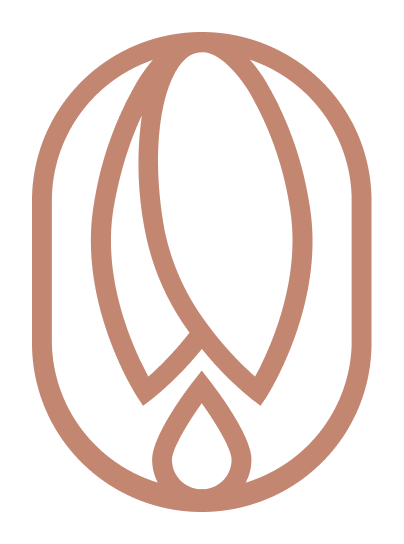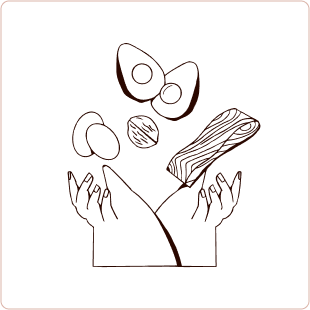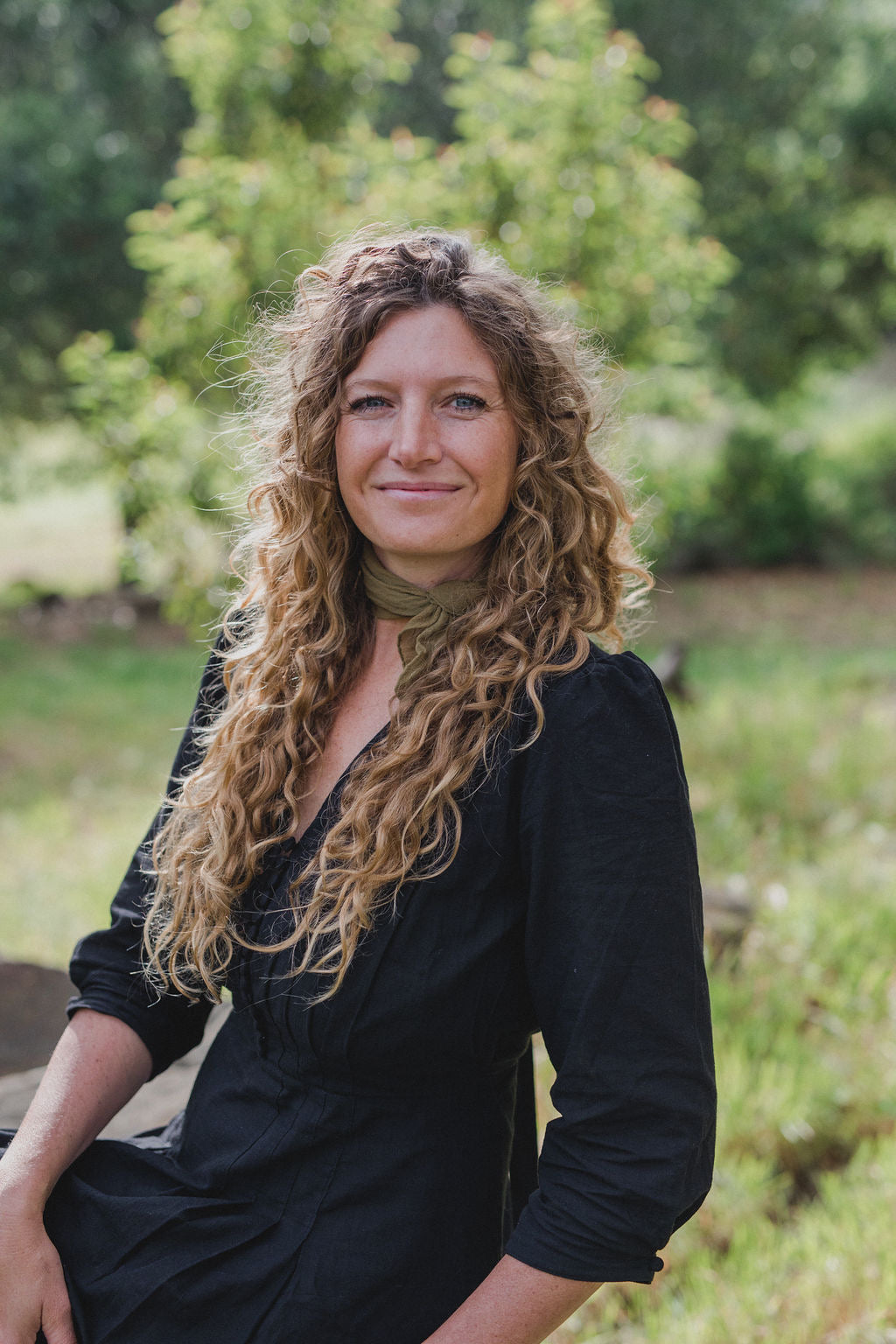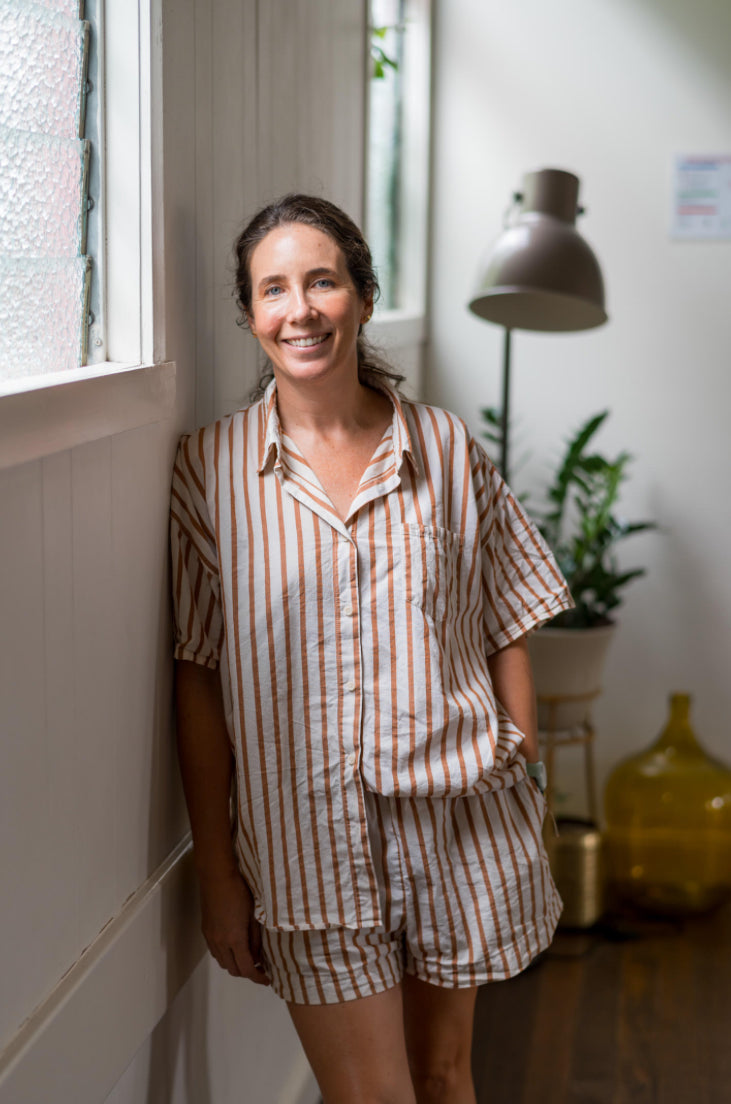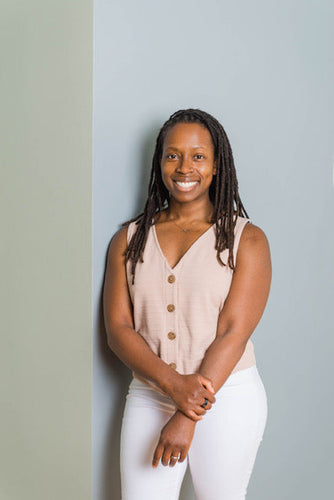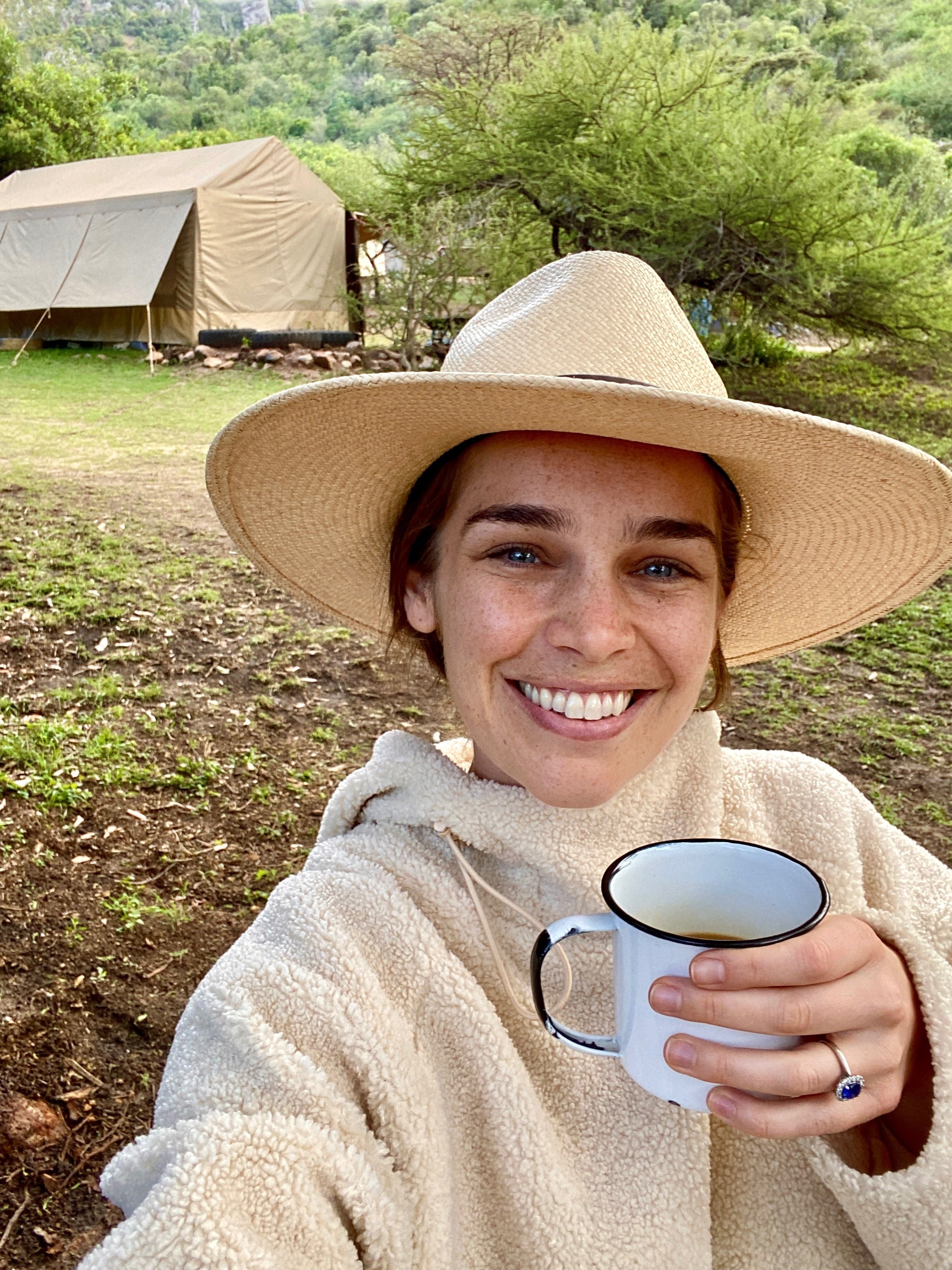Co-Founders of Akin & mothers.
Caroline Rossiter and Courtney Reiman are the founders of Akin and join us to chat about motherhood and their growing business.
First, I’d like to say that I’m a big fan of what Akin offers. How did Akin come to be? What did your unique expression of motherhood look like from preconception through postpartum? Did you have the support you provide moms with through your services?
Caroline: Thank you so much Sydney - it means so much! I had a great pregnancy and powerful birth experience but then felt totally overwhelmed in the weeks and months into postpartum. I was one of the first of my friends to have a baby and had family across the country. With the help of my birth doula I put together my own postpartum team (including Courtney our cofounder and clinical director) which was vital for me but took so much work.
We all know the staggering maternal health statistics and Courtney and I knew we wanted to be a part of the solution. After talking to hundreds of women - including friends, peers, patients, care providers, OBGYNs + Midwives - we spent many months designing Akin, with the help of our incredible team of Akin providers. A great OBGYN is so important but not sufficient. There was a theme of “it’s normal” and ‘just keep going’” when women are struggling mentally, physically, emotionally and don’t have the time, resources, or financial ability to get the care they need. We knew there was a better way which is why we created Akin - to be the support we wish we had.
I noticed that you use a lot of language like “whole person care” and “innate wisdom”. Can you share with us what this means to you and how mothers can be best supported to trust their intuition?
No one knows your body better than you. Feeling comfortable enough to express what you are feeling and what you need is so important and our team spends a lot of time listening at Akin. Really creating a safe space + listening to the person’s experience is key. And having providers who work collaboratively with you – sharing knowledge, empowering you around body literacy + safe options and allowing space for you to make a decision that’s best for you and your family is paramount.
At Milky Oat, our mission is to nourish motherhood. We have very specific guidelines for doing so when formulating and creating our menu and meals but we hope that our meals are a gateway to more self-care and self-love during the postpartum season. This self-care can look very different mother to mother. What are some of your tips for new moms when it comes to self-care?
What you’ve created at Milky Oat is incredible and we wish we had it when we had our babies! Knowing that you will have nutrient dense, delicious foods postpartum ready to go is such a game changer. As a team, we always encourage our clients to set up support before they give birth, so they don’t have to think about it after the baby arrives. In terms of self care - everyone is different of course - but the prep work in making sure you have support lined up postpartum is always worth it (whether it’s Milky Oat, a meal train from friends, night nurse, postpartum doula, someone to watch your other child(ren))...
Can you describe nourishment from your own perspective and how the care mothers receive in preconception and pregnancy supports the postpartum experience?
Courtney: This approach is at the very core of our care at Akin. Every stage prior to the next is a ground for learning and preparing.
While trying to conceive, we remind our patients that how they take time for themselves and treat their bodies and minds on a daily basis during this time is a powerful reflection of how they can start making space for their baby. They work with one of our incredible fertility specialist acupuncturists who are not just interested in helping our patients get pregnant; they are invested in the time and personalized attention it takes to prepare each patient in order to optimize their chances of holding a healthy, full-term pregnancy.
Once they are pregnant, we work to ensure that each mama is educated on all of her options for birth and her needs into postpartum. So while still pregnant, our patients are set up with a team that works with and educates them preemptively on child birth, lactation + infant feeding, pelvic floor and nutrition education, so that they feel confident, supported by a team that they can count on, and prepared for this exciting, yet intense (!) next chapter. It’s care that every woman deserves.
As your little ones grow and get older, how does your relationship with motherhood evolve? Are there cycles that you’ve experienced as a mother? What about in terms of being a mother and a business owner?
Caroline: There are so, so many cycles. If you are struggling with a phase - wait a minute, because most of the time these phases will ebb and flow and shift. My kids are 3 and 5 and now it’s a whole different ball game – it’s more about me being a sturdy presence for them - and getting really good at repair! And there is no such thing as a true balance between work + home, so I try to be gentle with myself.
Courtney: Agreed, so many cycles! My son is now 6; navigating the many changes he’s already been through has really served me in my evolution as a parent - the reminder to remain patient, curious, and less attached to the way I think things “should” be is one of the best gifts he’s given me as his mama. As for being a working mother, it’s important to me that he sees me doing work that is personally fulfilling and of service to others. He’s at an age where he asks a lot of questions about what I’m working on and why. This gives me the opportunity to share about why Akin is so necessary for women, about the inequities that exist in healthcare, and why he should care.
Thank you so much for all of your insight. I’d like to end with a final question on postpartum. On your perfect vision-board of the world, what does the postpartum experience look like for modern mothers?
That the postpartum period is not limited to your primary care provider or OB, but it includes midwifery care, mental health support, pelvic floor PT, lactation + feeding support, nutrition, acupuncture – a team of providers that you can lean on if you need them – all of which are financially accessible.
